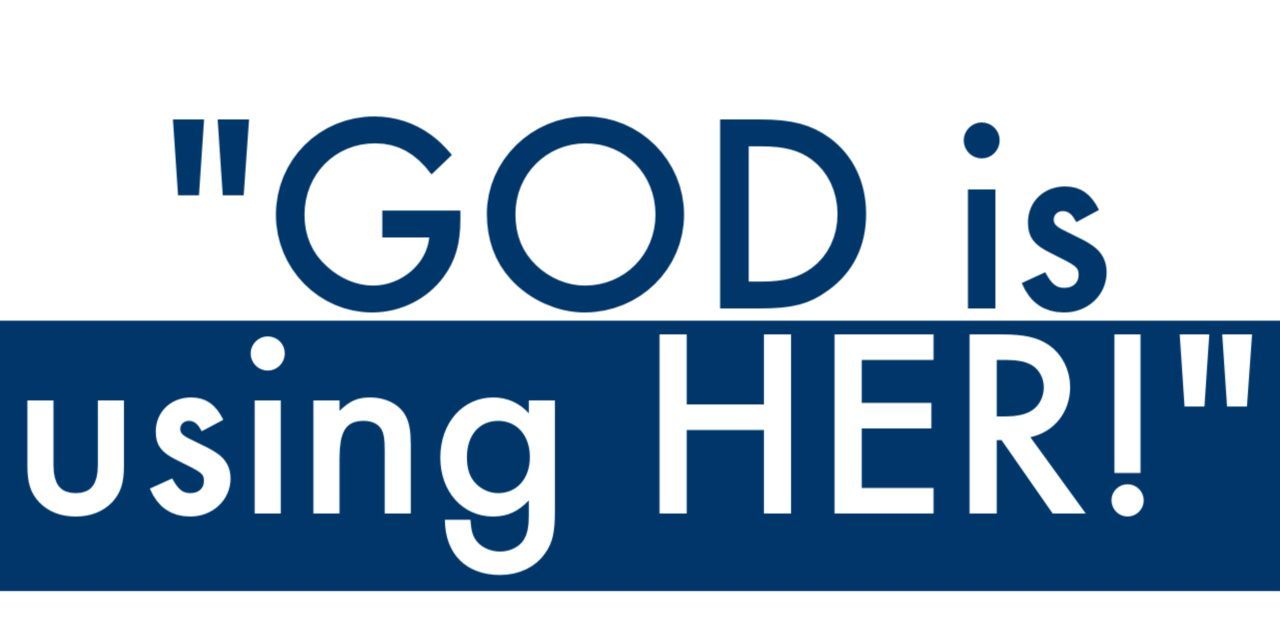
God Can Use Your Gifts
Written by SEND Missions Coach Merla Gogel.
Discerning God's Call
Ten years had passed from the time Tiffany believed God was calling her into cross-cultural work and when she started to apply to an organization. During these years, Tiffany often thought about what God wanted her to do and where He wanted her to serve. Tiffany considered missions to mainly involve church work, so she assumed her ministry would be in a supportive role to a church-planting husband. However, as time passed, Tiffany began to see that God could use her as a single person and that she could apply her administrative skills in a cross-cultural setting!
Discovering an Opportunity
Tiffany visited SEND’s website and saw an accounting opportunity in Japan. Afterwards, God kept reminding her of this ministry which led Tiffany to inquire and soon thereafter begin the application process.
During this time, concerns arose in Tiffany’s heart and mind about going overseas, but she did not let it derail her because her deeper desire was to be obedient to God! As the application process moved forward, Tiffany became more convinced of her calling to serve as an accountant, and she learned not to worry about what’s in the future but take her needs to God and watch Him respond.

One such occasion was shortly after her acceptance to serve with SEND. A practical desire Tiffany had was for a financial coach to give guidance with support raising. After sharing about her future ministry at her church, a lady contacted Tiffany and offered to coach her even though she was not aware of Tiffany’s hope to have a coach!
Open Your Heart to God's Plan
Tiffany admits that her journey was not always easy. However, when she opened her heart to God’s plan, she discovered that His plan is best, and He will respond to her needs and concerns.
You've felt God's call to missions, but getting started can be overwhelming. We'd love to help you discern where God may be leading you and help you take the next step. Our coaches are ready to connect with you!
Additional Posts





